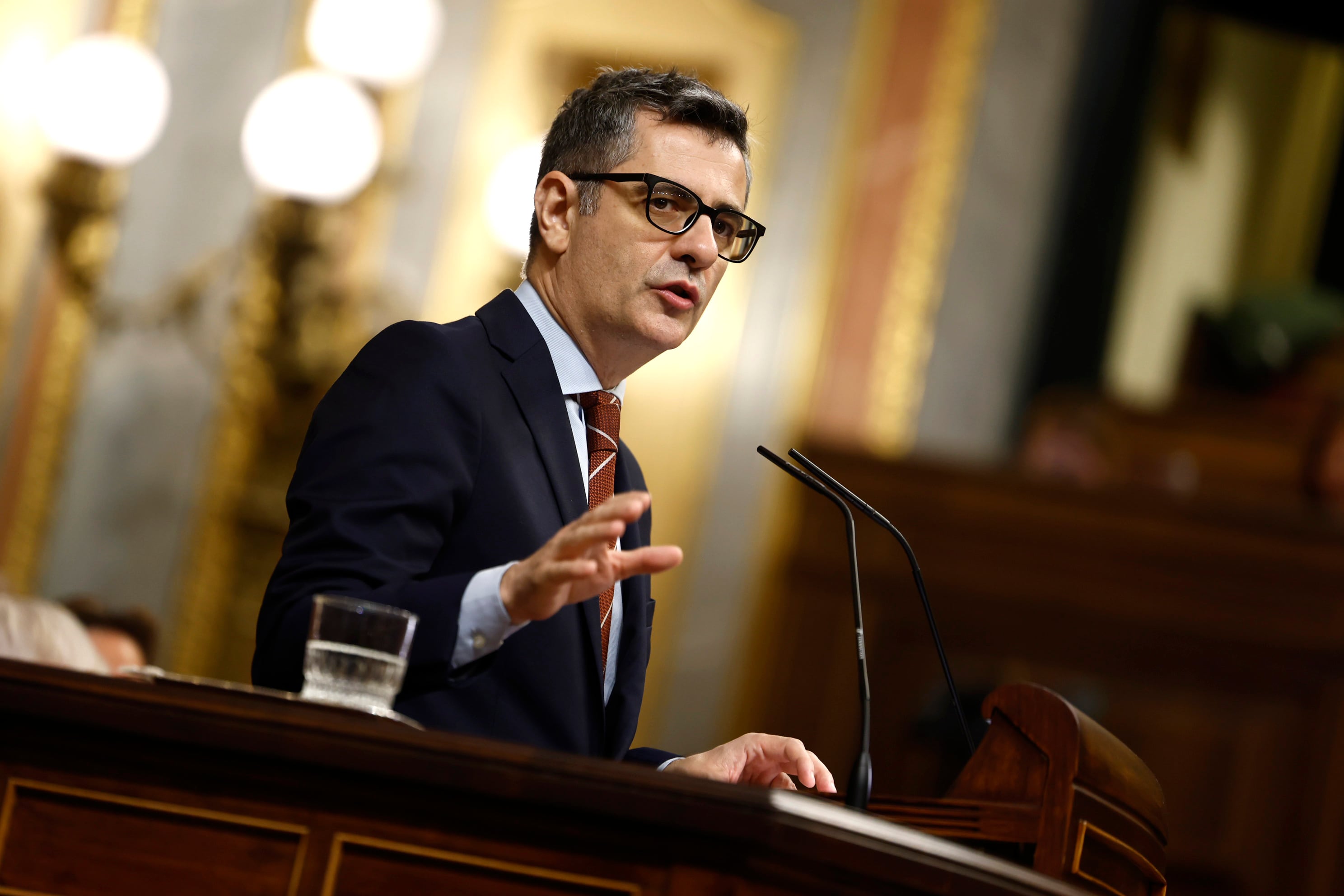The Government consolidates parity in the main body that advises it to make laws | Spain

The Government has renewed the General Coding Commission, the main advisory agency for the drafting of laws and other norms at the request of the Executive. The Ministry of the Presidency, Justice and Relations with the Courts has appointed nine new vowels, seven women and two men, all of them professors of recognized prestige of different areas, as public, commercial, constitutional and procedural law. After these incorporations, it is made up of 146 jurist experts, of which 69 (47.2%) are women and 77 men, according to the data to which the country has had access. Congress approved the parity law last July, which forces a minimum of 40% of women in bodies of power of large companies and in the general administration of the State, among other areas. A percentage that the Executive already complied with the coding commission According to the latest data available from 2024: 84 of its 149 members were men and 65 women (43.6%).
Created in 1843, the main functions of this body similar to that of other European countries are to prepare prelegislative and regulatory texts, review current laws and regulatory provisions, as well as develop opinions at the request of the Government. Its members collaborate in the Commission without receiving any compensation. This renovation reinforces the presence of women and consolidates a parity model. Precisely, it was the absence of women that, in 2018, led to an approach to the criminal experts of this commission to which the executive of Mariano Rajoy had entrusted the task of studying a possible reform of sexual crimes After the controversy Sentence of La Manada. The members of this body refused to undertake this task until the lack of women was resolved: the criminal section of the commission was formed by 20 permanent vowels and all were men. On the other hand, 17 of their 31 components were women according to the latest official data.
The new vowels appointed freely by the Minister of Justice, Félix Bolaños, have been chosen among jurists of recognized prestige who have had to prove, at least 15 years of scientific dedication to the right or professional practice in the legal field. In addition to a solvency proven in the legal world and a solid academic and disseminating career, the government sources consulted highlight their firm commitment to the defense of human rights and the recognition of the minorities of a “modern, feminist and committed society committed to social values”.
One of the main novelties is the incorporation as a vowel in the Second Section of the Marina Echevarría Commission (Commercial Law), Professor of the University of Valladolid and LGTBI activist who has participated in the drafting of several autonomous norms of gender identity and in the Registry Rectification Law of the mention related to the sex of people. In that same section María Victoria Petit, a professor of commercial law at the Jaume I University of Castellón, substitute magistrate of the Provincial Court of Castellón and Vice Dean of the Faculty of Legal and Economic Sciences will be released.
In the Third Section (Public Law) four new jurists enter. Concepción Escobar, Professor of Public International Law (UNED) specialized in Human Rights, has been part of the United Nations International Law Commission. Carlos Javier Moreiro, Professor of Public International Law and International Relations at the Carlos III University of Madrid, has been an advisor to the European Economic and Social Committee and the European Research Council. Javier García, Professor Emeritus of Constitutional Law of the Complutense, was former Technical General Secretary of the Ministries of Relations with the Courts, Presidency and Housing; and María Belén Cardona, Professor of Labor Law and Social Security at the University of Valencia, has held different positions in the Generalitat Valenciana between 2018 and 2022 during the mandate of Ximo Puig.
Three other jurists access the fifth section (procedural law) of the General Coding Commission. Mercedes Llorente, Professor of Procedural Law at the University of Seville, has carried out research works focused on issues such as gender violence and access to justice of vulnerable groups. Yolanda Valdeolivas, Professor of Labor Law and Social Security at the Autonomous University of Madrid, has been a secretary of state of employment; and Mar Jimeno, Professor of Procedural Law at the University of Burgos, has a teaching experience in the Chicago-Kent College of Law and has been the director of various research projects on the European judicial space.
Enrique Gimbernat, vowel of the commission, will leave his work as director of the Yearbook of Criminal Law and Criminal Sciences for more than 40 years. José Luís González Cussac takes over as director of this publication, which brings together doctrinal articles of criminalists, comments of legislation and jurisprudence and bibliographic notes on books and magazines of criminal law.







